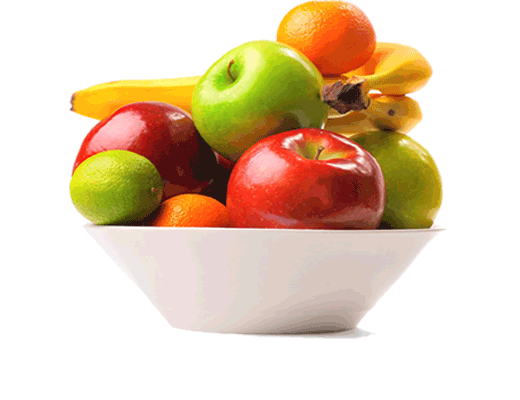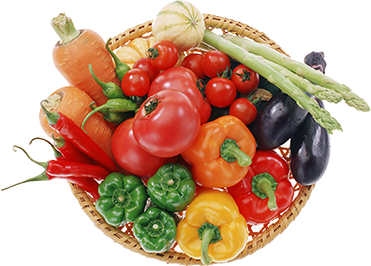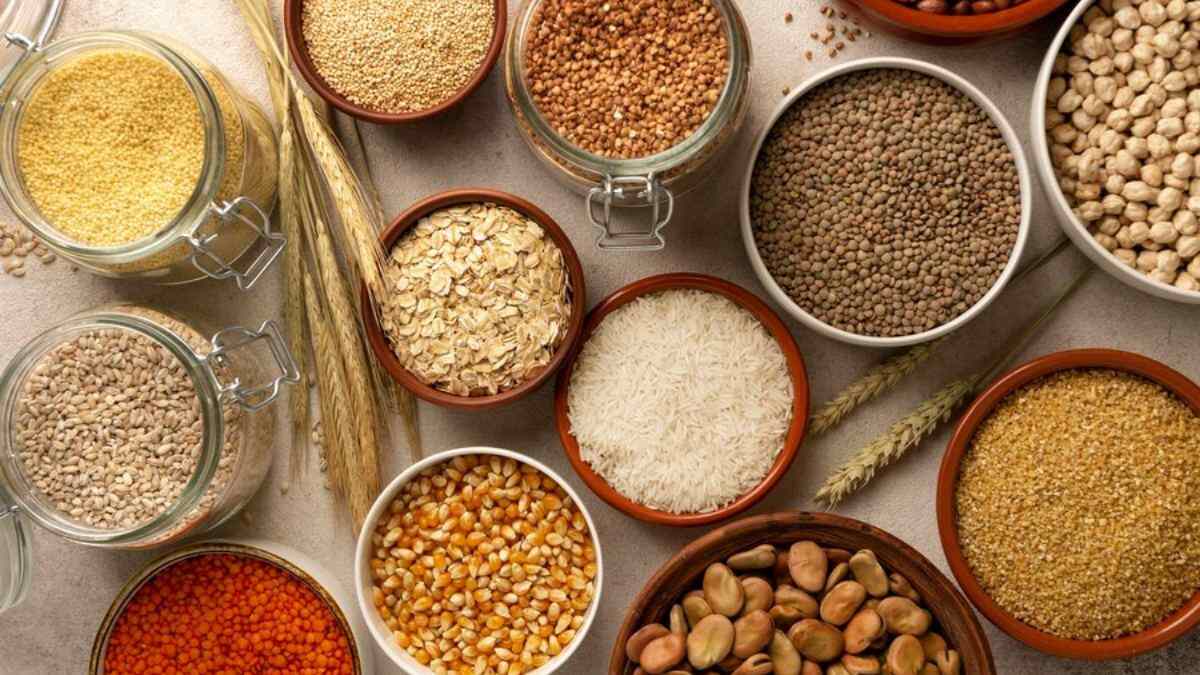In today’s world, the need for agriculture products has become increasingly critical due to the widespread contamination of conventional food products with pesticides, hybrid seeds, and other harmful additives. The use of synthetic pesticides and fertilizers in conventional agriculture has raised significant concerns about the safety and long-term health effects of these chemicals on both consumers and the environment.
One of the primary reasons for choosing agriculture products is to avoid exposure to harmful pesticides and chemical residues. Studies have shown that prolonged exposure to pesticides can lead to various health problems, including cancer, neurological disorders, hormone disruption, and reproductive issues. Children, pregnant women, and the elderly are particularly vulnerable to the adverse effects of pesticide exposure.
Additionally, the use of hybrid seeds and genetically modified organisms (GMOs) in conventional agriculture raises concerns about food safety and long-term health effects. While GMOs are engineered to resist pests and increase crop yields, their safety for human consumption remains a topic of debate. Many consumers prefer agriculture products because it is free from GMOs and produced using traditional, non-GMO seeds.
Furthermore, the issue of food adulteration and fraud has become increasingly prevalent in the global food supply chain. Adulteration involves the addition of lower-quality or harmful substances to food products, compromising their safety and nutritional value. Organic certification standards provide consumers with assurance that the food they are consuming is free from adulterants and produced according to strict organic farming practices.
In summary, the demand for agriculture products has surged due to growing awareness of the health risks associated with conventional food production methods. By choosing organic, consumers can minimize their exposure to harmful chemicals, support sustainable agricultural practices, and prioritize their health and well-being. Agriculture products offers a safer, healthier alternative to conventional food products, making it an essential choice for consumers concerned about food safety and quality.
Focuses on organic agricultural products.
Highlights the use of traditional cultivation practices and the involvement of quality-conscious farmers.
Emphasizes on geographical advantages and partnerships with Certified Organic growers.
Mentions the variety of organic products available and the commitment to quality and purity.



